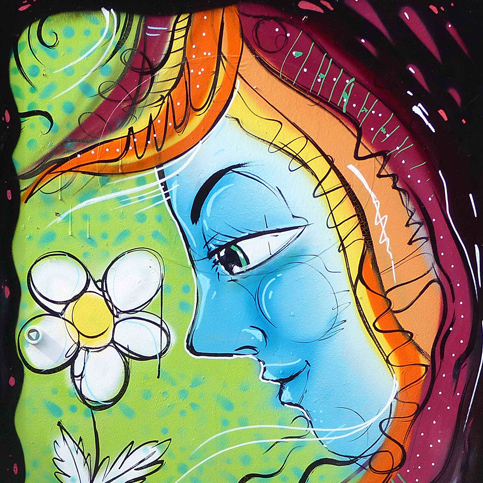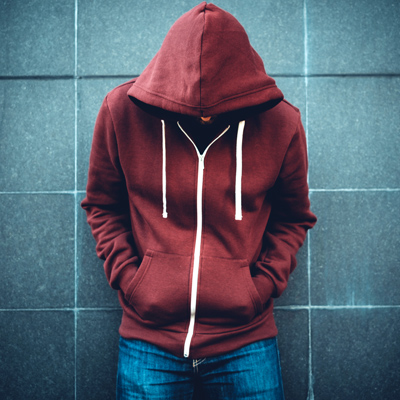Preventing Violence
In daily academic life, discrimination and violence can be in classrooms, laboratories, extracurricular activities, parties, university residences … and can affect the daily lives of all members of the community. Recognized as a space of excellence in the production of knowledge, the university space does not match the reproduction of discrimination, inequality or violence.
There are several forms of violence: prejudice, physical and verbal aggression, bullying, homophobia, sexual harassment, moral harassment, disrespect and intellectual disqualification… violence can therefore be emotional, economic, social or physical.
We speak of violence when someone or a group of people intentionally uses physical force or power to threaten, attack and subject other people, depriving them of freedom, causing some psychological, emotional or physical damage.
Situations of sexual violence are often the most difficult to report or flag…
Because the victim’s fear induces silence and secrecy, thus protecting the aggressor. Often, one of the reasons that leads the victim to remain silent about the act he suffered is the fact that he may also be victimized socially when he denounces it.
“Silence does not help to forget.”
Each person has the right to choose whether or not to have sexual contact. The fact that sexuality is used to blackmail and humiliate someone is recognized by the Law as a punishable aggression.
The iPoint aims to be a safe place for victims of any type of violence to overcome their fear and shame of talking about what they suffer in the academic environment. We intend to prevent these experiences carried out by colleagues, teachers or employees from affecting their physical and mental health, inhibiting their intellectual development or their professional development, without compromising their relationships in intimate and social life.
What to do in this situation?
It is important for victims to talk about what happened to them. IPoint will be able to support and refer to competent and trained people in this area.
There are also victim support offices that can help and guide you – Portuguese Association of Victim Support – whose services are anonymous and confidential.






